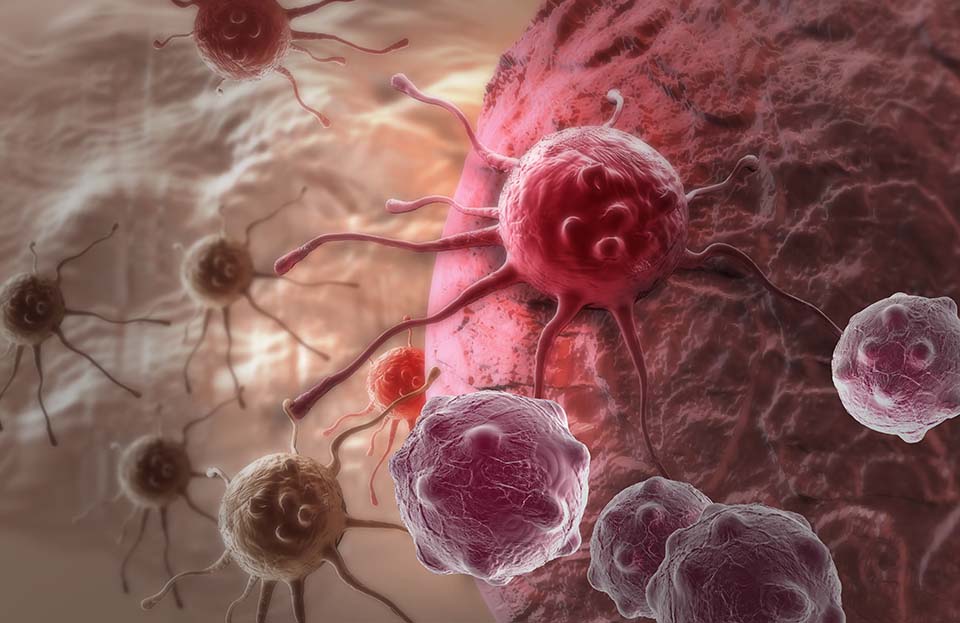Researchers have made significant progress in the fight against advanced melanoma with a novel treatment using a genetically modified herpes virus known as RP1. Initial clinical trials have demonstrated the virus’s effectiveness in reducing the size of tumors, even those that have metastasized to other organs.
The RP1 virus, which targets cancer cells directly, is administered through injections into the tumors. Remarkably, it has been found to trigger an immune response that affects surrounding tissues, leading to tumor shrinkage in areas not directly treated with the virus. Clinical data shows that around one-third of patients responded positively to the combination therapy of RP1 and nivolumab, an existing immunotherapy drug.
Patients who responded well to the treatment exhibited a significant tumor reduction, with approximately 80-90% showing a decline of 30% or more in tumor size. This groundbreaking approach has caught the attention of the U.S. Food and Drug Administration (FDA), which has granted priority review status to the RP1 therapy in conjunction with nivolumab.
One of the major advantages of the RP1 treatment is that the modified herpes virus does not infect patients, making it a safe option for those battling advanced melanoma.
Currently, a Phase 3 trial involving 400 participants is underway to further evaluate the efficacy and safety of this innovative treatment. Should results continue to be promising, RP1 may represent a significant advancement in melanoma treatment strategies, offering new hope to patients facing this aggressive form of skin cancer.
As researchers continue to explore the potential of genetically modified viruses in cancer therapy, the successful development of RP1 could pave the way for new treatments for various other cancers, reinforcing the role of gene therapy in modern medicine. (CIVILHETES)
Image: CancerNetwrok




